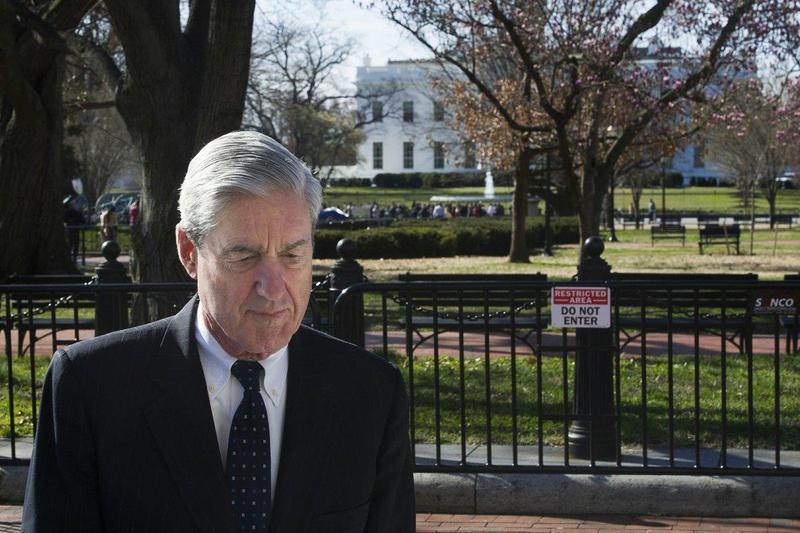US Deaths Projected To Triple By Year-End Regardless Of Social Distancing: Study
Tyler Durden
Wed, 05/20/2020 – 18:25
While coronavirus projections have ranged from ‘just a flu’ levels to a ludicrous two million Americans dead, a new study from the University of Washington’s School of Pharmacy has concluded that the number of Americans who will die after contracting the novel coronavirus will more than triple by year-end, even if current social distancing habits are maintained for months to come.
“COVID-19 infection is deadlier than flu — we can put that debate to rest,” said Anirban Basu, University of Washington health economist who authored the study which found that based on the infection fatality rate, 1.3% of those who show symptoms of COVID-19 die, which makes it 13x more deadly than a bad influenza season.
Of note, the infection fatality rate (IFR) is different than the naturally higher case fatality rate (CFR), in that it measures outcomes for those assumed to have contracted the virus (IFR), vs. only counting deaths divided by cases confirmed via nucleic acid testing. Skewing the results of course are vast numbers of people who have never been tested because their symptoms were mild – those most likely to recover quickly and completely.
If the infection fatality rate is accurate, and if the coronavirus continues spreading at current rates even before most states open their economies and relax social distancing restrictions, COVID-19, the disease caused by the virus, could claim between 350,000 and 1.2 million American lives by the end of this year, Basu found. –The Hill
“This is a staggering number, which can only be brought down with sound public health measures,” said Basu in a press release announcing the study, which tracked case counts and outcomes in 116 counties across 33 states in order to estimate the infection fatality rate – which widely varies across county and state lines. Basu also noted that the IFR is a dynamic figure by nature which is subject to revision.
The World Health Organization had previously estimated the infection fatality rate as high as 3.4%, however other estimates have pegged it as low as half a percentage point, which would still make it deadlier than any flu pandemic in the last 100 years, according to the report.
According to the report, if the coronavirus spreads as widely as a typical flu – which infects around 10% of the US population every year, nearly 500,000 Americans would die of the coronavirus at a 1.3% IFR.
As of Tuesday morning, more than 1.5 million people in the United States have contracted the coronavirus, and 90,000 have died, according to data maintained by Johns Hopkins University of Medicine. Both of those figures likely undercount the true spread and toll the virus has taken, Basu said.
But the study’s author pointed to another key difference between the coronavirus and a seasonal influenza: The coronavirus is more infectious than a typical flu, meaning more Americans are likely to contract the virus than would otherwise come down with the flu.
Even as states begin reopening, many are experiencing a rapid increase in the number of new cases. States like Alabama, Arkansas, Maine, Minnesota, North Carolina and North Dakota have seen their numbers of cases spike by more than 25 percent over the last two weeks, according to data collected by a group of researchers in a collaboration called the Covid Exit Strategy. –The Hill
According to the Covid Tracking Project, the US is confirming around 20,000 new coronavirus cases every day – which is an improvement over the last several weeks, when around 25,000 new cases were being counted per day.
Meanwhile, Michael Osterholm – Director of the Center for Infectious Disease Research and Prevention, estimates that between 60% and 70% of Americans will eventually become infected with the disease. He calls Basu’s estimate ‘conservative’ – in that she assumes just 20% of Americans would contract the novel coronavirus by the end of the year.
“The infection fatality ratio estimate is itself dynamic in nature,” said Basu. “The overall estimate can both increase or decrease in the future, depending on the demographics where the infections will be spreading. It is possible, as the infection spreads to more rural counties of the country, the overall infection fatality rate will increase due to the lack of access to necessary health care delivery.”
via ZeroHedge News https://ift.tt/2ypkyNO Tyler Durden



